Electric vehicle start-up Rivian has revealed details of a plastic recycling initiative that aims by 2024 to collect 500,000kg (1.1m lbs) of single-use plastic annually and stop it from floating out to sea. Rivian will instead turn it into the containers it uses to move parts inbound to its production line.
Speaking at last week’s Automotive Logistics and Supply Chain Live conference, Jake Goodman, Rivian’s logistics manager in charge of packaging, explained that the company has spent a year working on the conversion of recycled plastic into a structural foam that can be used to make its larger bulk bins and pallets. It has now also adapted the same technique into its high-pressure system for totes and lids, and some other pressure injection moulding applications.
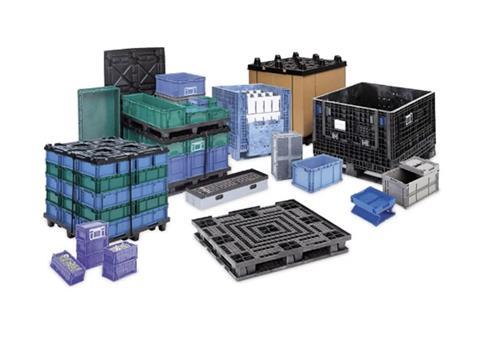
To source that material Rivian has been working with international partners on a system that captures what it terms ocean-bound plastic – such items as water bottles, milk and food containers that are carelessly disposed of and find their way into the waterways and eventually out to sea.
“This typically happens in developing countries and economies that lack formal waste processes,” said Goodman. “This is where the ocean-bound plastic story begins and that is where our partners are able to step in and help develop the collection process and the recycling efforts.”
Rivian’s partners, currently working in the Philippines, Haiti, Indonesia, Brazil and Egypt, engage local communities to collect the plastic along the waterways and coastlines.
“From the coastline the plastics are manually collected, sorted and bulk packed and transported to a local processing facility, usually within driving distance,” explained Goodman. “There the plastic is further sorted, cleaned and flaked. The flaked product is shipped to a couple of partners in the US where it is further refined into a pellet form. From there we are able to apply it to our bulk bin and tote systems.”
Goodman explained that for every 10,000 totes, Rivian is able to divert around 3,600kg of material. However, he said ‘the big hitters’ are the bulk bins the company is manufacturing from the waste.
“For every 10,000 bulk bins it diverts around 320,000 lbs [145,000kg] of waste from these waterways and from these communities into our returnable packaging systems,” he said.
“Our goal by 2024 is to take 500,000kg of ocean-bound plastic diverted out of the oceans and into our systems. That is the equivalent to around 7m milk cartons and 83m bottle caps.”
Goodman said Rivian was attempting to push as many inbound parts as possible into its plastic returnable system and was looking at new designs that utilise the plastic so it could further its positive environmental impact recycling ocean-bound plastics.
Videos from Automotive Logistics and Supply Chain Live can be viewed here.










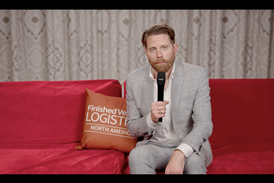















![Global[1]](https://d3n5uof8vony13.cloudfront.net/Pictures/web/a/d/s/global1_726550.svgz)





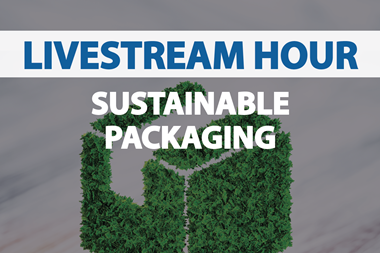
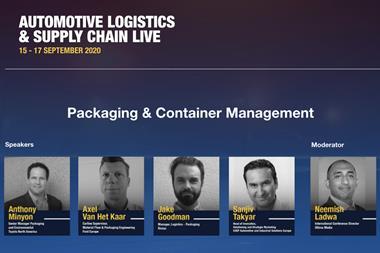
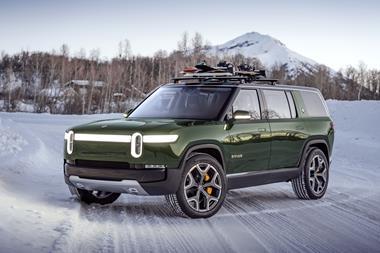
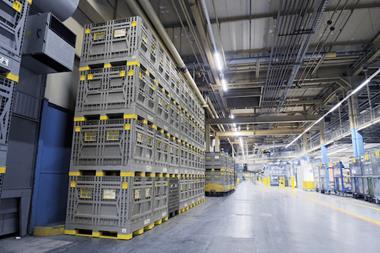





No comments yet